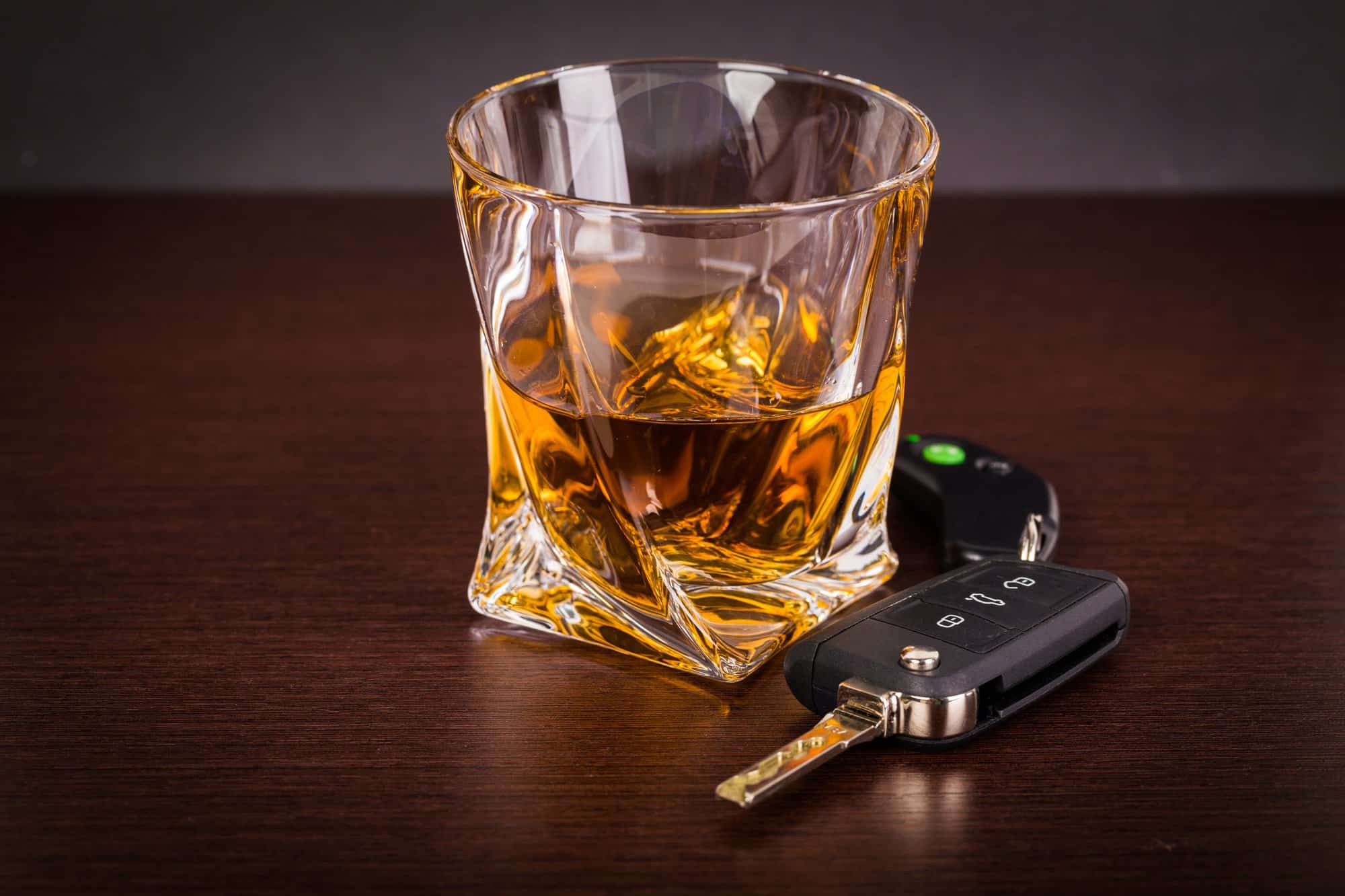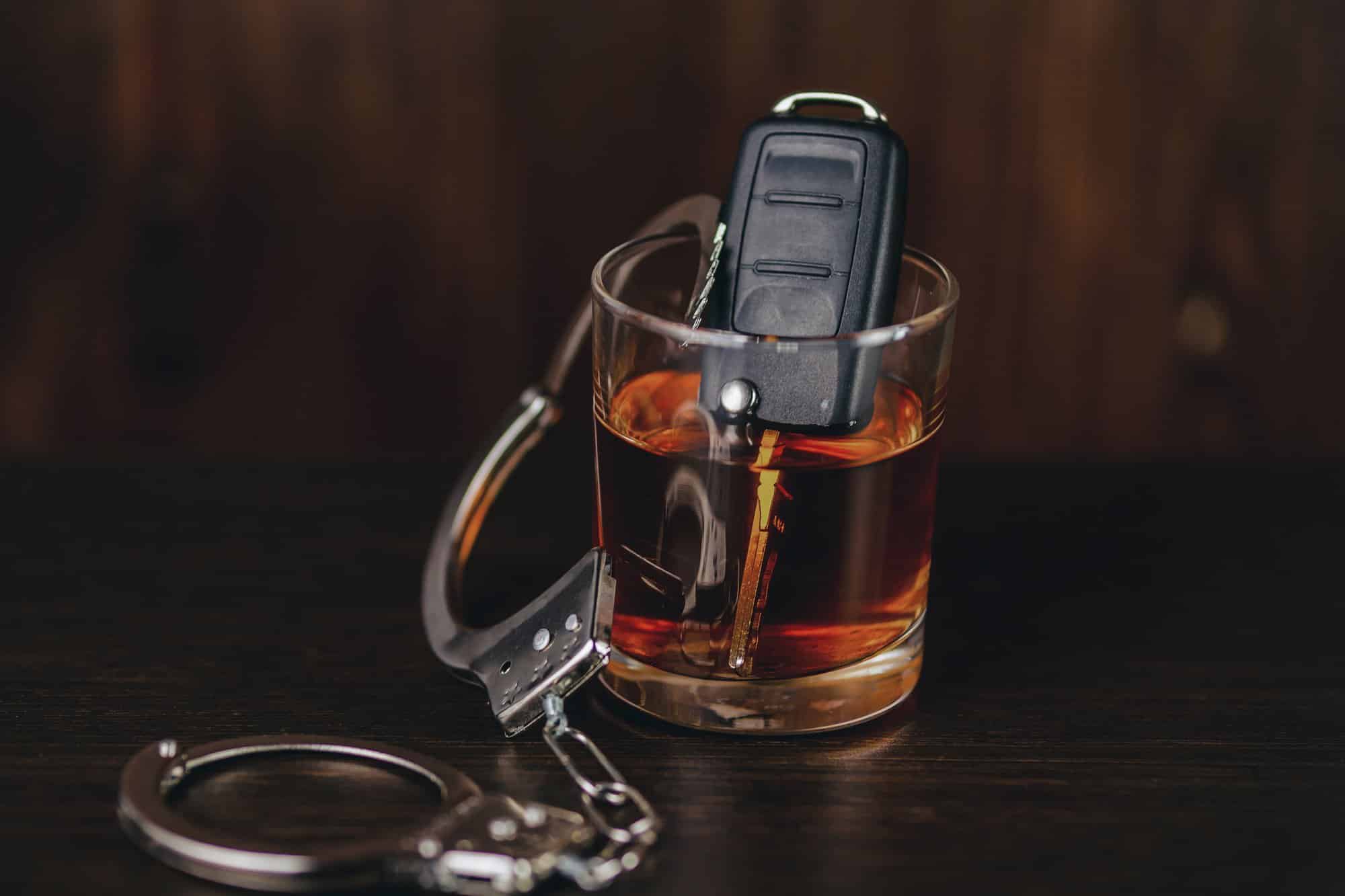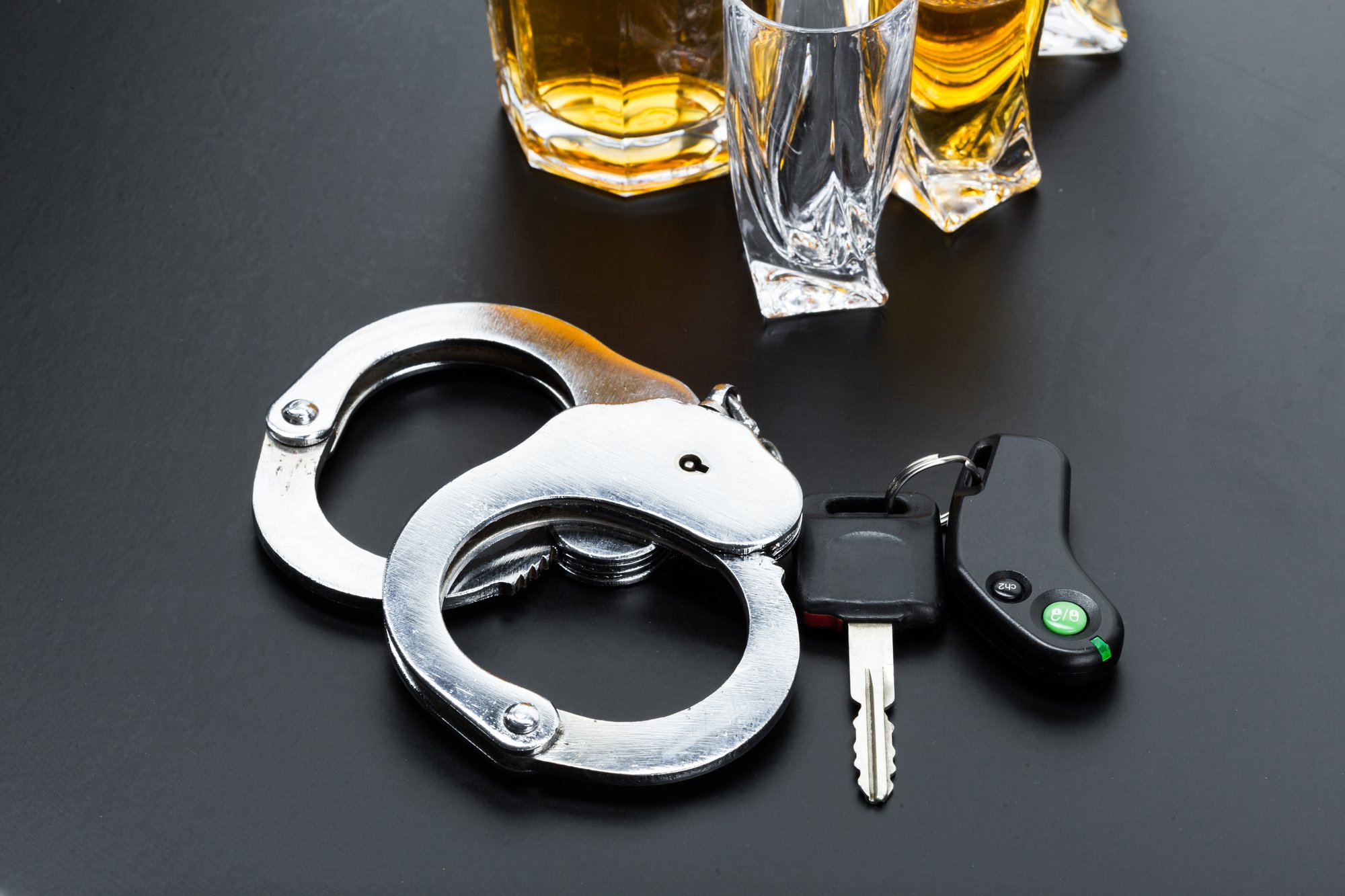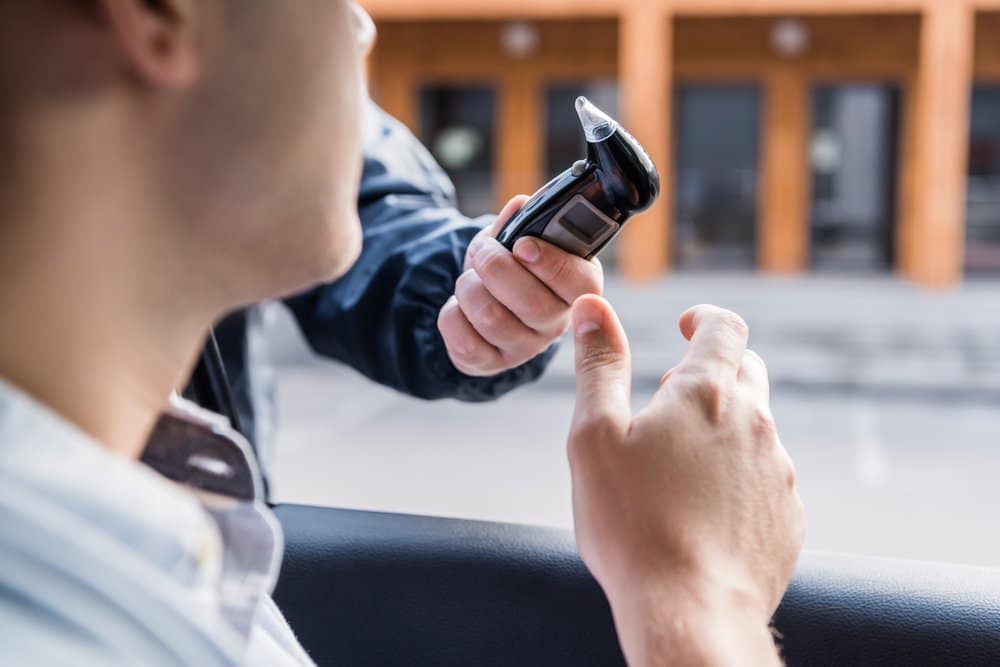A DWI can come with substantial penalties — and the charges are even more serious if you killed someone while driving under the influence. There are three different types of aggravated and vehicular manslaughter charges that can be brought in New York, including aggravated vehicular homicide, vehicular manslaughter in the first degree, and vehicular manslaughter in the second degrees. The penalties for vehicular manslaughter are severe. All three types of vehicular manslaughter charges are felonies.
Aggravated Vehicular Homicide and Vehicular Manslaughter in the First Degree
Aggravated vehicular homicide is the most serious of the vehicular charges. Under the New York Penal Code, a person can be found guilty of vehicular homicide when they engage in reckless driving and either:
- Drive while either intoxicated with a BAC of at least .18;
- Have a suspended license due to a DWI;
- Have a DWI conviction within the last ten years;
- Have suspended driving privileges in another state as a result of a chemical test refusal;
- Caused the death of more than one other person;
- Caused the death of one person and the serious physical injury of another;
- Have a previous vehicular manslaughter conviction; or
- Commits the offense while operating a motor vehicle with a child less than 15 years old in the car and causes their death.
The same elements above must also be met for a charge of vehicular manslaughter in the first degree — the difference is that aggravated vehicular homicide requires that the driver also committed the offense of reckless driving, while first-degree vehicular manslaughter does not.
Aggravated vehicular homicide is a Class B felony. If convicted, the penalties can include up to 25 years in prison and significant monetary fines. Vehicular manslaughter in the first degree is a Class C felony that carries a maximum jail sentence of 15 years in prison and a fine of up to $5,000.
Vehicular Manslaughter in the Second Degree
Under New York law, a person can face the charge of vehicular manslaughter in the second degree when they kill another person and either operate a vehicle under the influence of drugs or alcohol with a BAC of .08% or higher. This crime can also be charged if a person causes the death of another while operating a vehicle under the influence and the vehicle has flammable gas, radioactive materials, or explosives in it — or they kill another while operating a snowmobile or all-terrain vehicle while under the influence.
A second-degree vehicular manslaughter charge is a Class D felony that can result in a penalty of up to seven years in prison, along with a fine of up to $5,000. Driving privileges can also be revoked or suspended.
What are the Defenses to a Charge of Vehicular Manslaughter?
There are a number of defenses that can be raised in connection with vehicular manslaughter charges. A skillful criminal defense attorney will be able to evaluate the facts of a case to determine the best strategy. A common defense is to challenge the validity of the chemical test. There are specific procedures in place to ensure that chemical tests are properly administered and accurate — if law enforcement failed to follow the necessary protocol, the test may be inadmissible.
Other defenses can include proving that the defendant’s driving did not cause the fatality and excluding evidence based on a violation of the defendant’s Constitutional rights. For instance, if a Mirada warning was not read, any incriminating statements made in police custody may not be admissible. This can significantly weaken the prosecution’s case.
Contact an Experienced New York Criminal Defense Attorney
If you’ve been charged with a vehicular manslaughter crime, it’s essential to have a criminal defense attorney by your side who can protect for your rights. The attorneys at D’Emilia Law offer skillful representation and dedicated advocacy for those who are facing vehicular manslaughter charges and fight to secure the best possible outcome in each case. To schedule a consultation, contact us at 1-888-DEMILIA.











